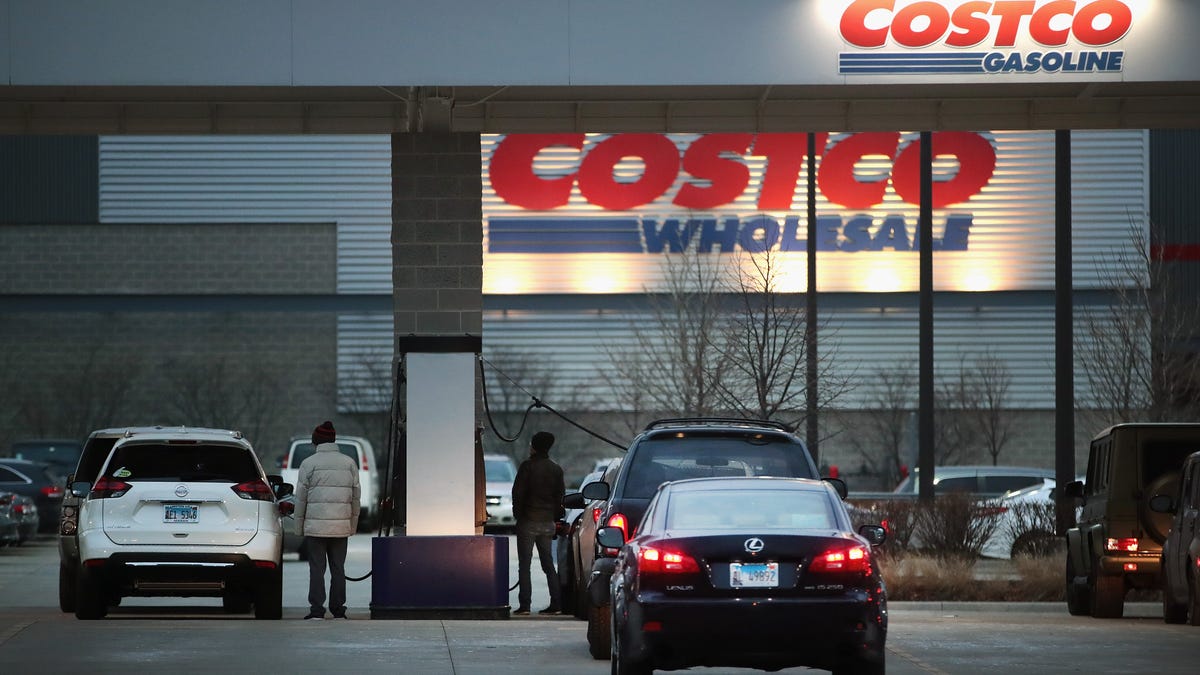Retail Giants Fuel New Market
In a strategic pivot that is reshaping the retail landscape, major corporations like Walmart, Costco, and Dollar General are venturing into the gas station sector. This move is not merely about diversifying revenue streams; it represents a concerted effort to enhance customer loyalty and service offerings in an increasingly competitive environment.
The Shift Towards Gas Stations
The decision by these retail giants to invest in gas stations is indicative of a broader trend within the retail industry. As traditional shopping habits evolve, companies are seeking innovative ways to attract and retain customers. By integrating fuel services into their existing operations, these retailers aim to create a one-stop-shop experience that meets consumer needs more comprehensively.
Consumer Behavior and Market Trends
According to recent market analyses, there has been a marked increase in consumer preference for convenience shopping. A survey conducted by Statista revealed that over 70% of consumers prefer retailers that offer a diverse range of services, including fuel. This trend is prompting companies like Walmart and Costco to reconsider their business models and expand into sectors that complement their core offerings.
- Walmart has already begun integrating gas stations into select locations, providing competitive fuel prices to its customers.
- Costco’s membership model further incentivizes its expansion, as members are often drawn to lower fuel prices.
- Dollar General, traditionally focused on convenience retail, sees gas stations as a way to enhance its appeal in rural markets.
Strategic Considerations
Walmart’s foray into gas stations is not solely about expanding its footprint; it is also a tactical maneuver to increase foot traffic. By offering fuel services, Walmart can attract customers who may also shop for groceries or household items, thereby increasing overall sales. John Furner, President and CEO of Walmart U.S., stated, “By combining our retail and fuel offerings, we aim to provide unparalleled value to our customers, making their shopping experience more convenient and affordable.”
Similarly, Costco’s model leverages its membership base. The company has reported that its gas stations contribute significantly to overall membership renewals, as customers often prioritize fuel savings when choosing to renew their Costco memberships. This creates a symbiotic relationship between fuel sales and retail revenue.
Economic Implications
The entry of these retail giants into the gas station market has broader economic implications. It signals a shift away from traditional gas station operations, which have often been dominated by independent operators. The significant capital investments from Walmart, Costco, and Dollar General are likely to disrupt existing market dynamics.
Impact on Local Economies
Local economies may experience both positive and negative effects as these retailers expand their gas station networks. On one hand, increased competition could lead to lower fuel prices for consumers. On the other hand, small, independent gas station owners may struggle to compete with the pricing power of these retail behemoths.
- Lower fuel prices could lead to increased consumer spending in other areas, benefiting local economies.
- However, the potential closure of independent gas stations might lead to job losses and reduced economic diversity.
Future Outlook
As the retail landscape continues to evolve, the long-term success of these gas station ventures will depend on several factors, including consumer acceptance, regulatory considerations, and the ability to maintain competitive pricing. Analysts predict that if Walmart, Costco, and Dollar General can successfully integrate gas stations into their business models, they may set a new standard for retail operations.
Potential Challenges
Despite the promising outlook, there are challenges to consider. Regulatory hurdles, such as zoning laws and environmental regulations, may pose obstacles for expansion. Additionally, fluctuations in oil prices could impact profitability, making it essential for these companies to remain agile and responsive to market conditions.
Conclusion
The entry of retail giants into the gas station sector represents a significant shift in the retail landscape, driven by changing consumer behaviors and market demands. As Walmart, Costco, and Dollar General navigate this new venture, their strategies will be closely watched by industry analysts and competitors alike. Moving forward, the success of these initiatives will likely depend on their ability to blend fuel services with their core retail offerings, ultimately enhancing customer loyalty and driving growth.
Call to Action: Stay informed about the latest trends in retail and fuel services. Subscribe to our newsletter for in-depth analyses and updates on how these developments may impact your shopping experience.
See more Business Focus Insider Team

